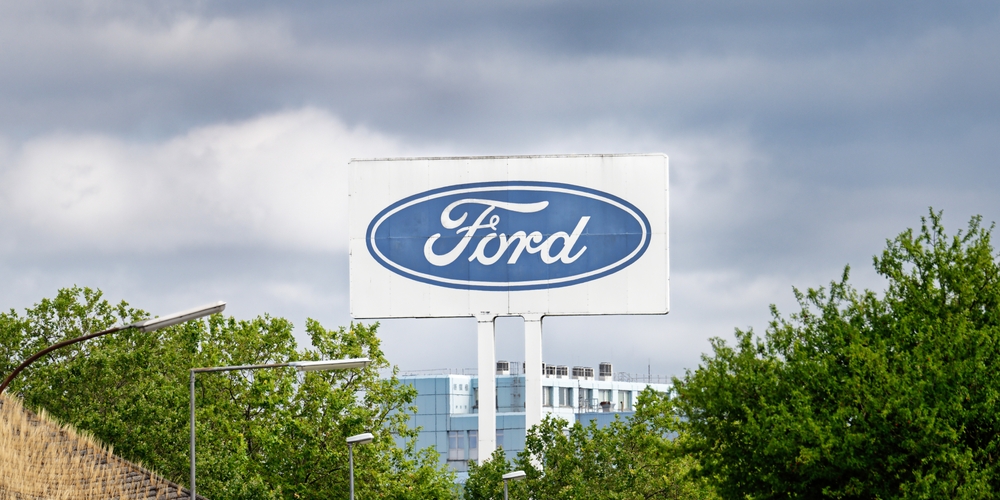Ford Motor has raised prices on three of its Mexico-produced models, effective May 2, marking one of the first significant price adjustments by major automakers due to U.S. President Donald Trump’s tariffs. The price increases, which affect models like the Mustang Mach-E electric SUV, Maverick pickup, and Bronco Sport, will range up to $2,000 on some versions, according to a notice sent to dealers.
Ford’s Response to Tariff Costs
This price hike comes after Ford’s earlier announcement that the trade war with China would add $2.5 billion to its costs in 2025, although the company plans to reduce that exposure by around $1 billion. General Motors (GM) has similarly warned that tariffs could cost it between $4 billion and $5 billion, with efforts to offset about 30% of the additional expenses.
The price adjustments, which apply to vehicles built after May 2 and expected to arrive at dealerships in late June, reflect “usual mid-year pricing actions” along with tariff impacts. A Ford spokesperson clarified that the full cost of tariffs would not be passed on to customers.
Automakers Brace for Impact of Tariffs
The tariff impositions have sparked significant uncertainty across the auto sector, as companies adjust production plans, pull forecasts, and idle plants. Following pushback from the industry, Trump softened his stance on foreign auto parts, offering credits for U.S. production to avoid double-tariffs. However, a 25% tariff remains in place on the 8 million vehicles the U.S. imports annually.
Analysts predict that U.S. auto sales could drop by over 1 million vehicles annually if tariffs remain long-term. While Ford is better positioned to weather these tariffs due to its strong domestic manufacturing base, it still faces significant pricing pressures, especially on vehicles like the Maverick, which is produced in Mexico.
Impact on Competitors and the Broader Auto Industry
Many of Ford’s competitors, such as GM and Toyota, are also bracing for higher costs due to tariffs, especially those importing vehicles from countries like China and South Korea. While Porsche and Volkswagen’s Audi brands have indicated potential price hikes, BMW expects tariff reductions starting in July, citing discussions with U.S. officials.
Ford’s Global Strategy and Future Outlook
Despite the pressures, Ford remains committed to its U.S. manufacturing strategy, with approximately 79% of its vehicles sold in the U.S. produced domestically. However, the company must navigate the complex tariff landscape, including increases on imports from Mexico and China, while still managing to remain competitive in a volatile market. Ford’s ability to adjust to these tariffs will continue to shape its financial performance and future pricing strategy.







